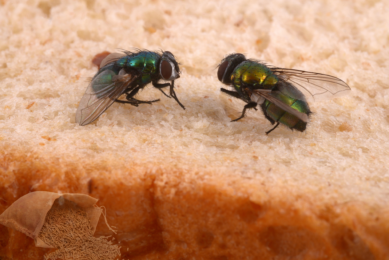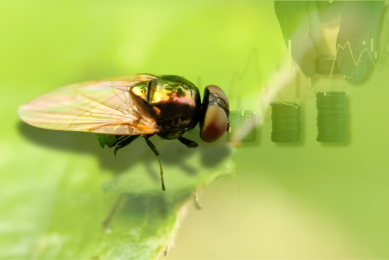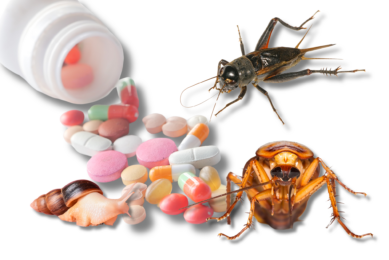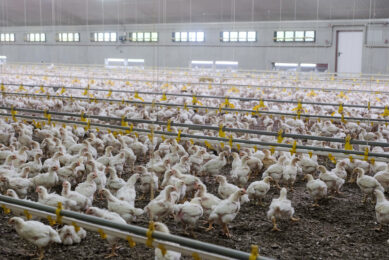Potential of the European insect sector
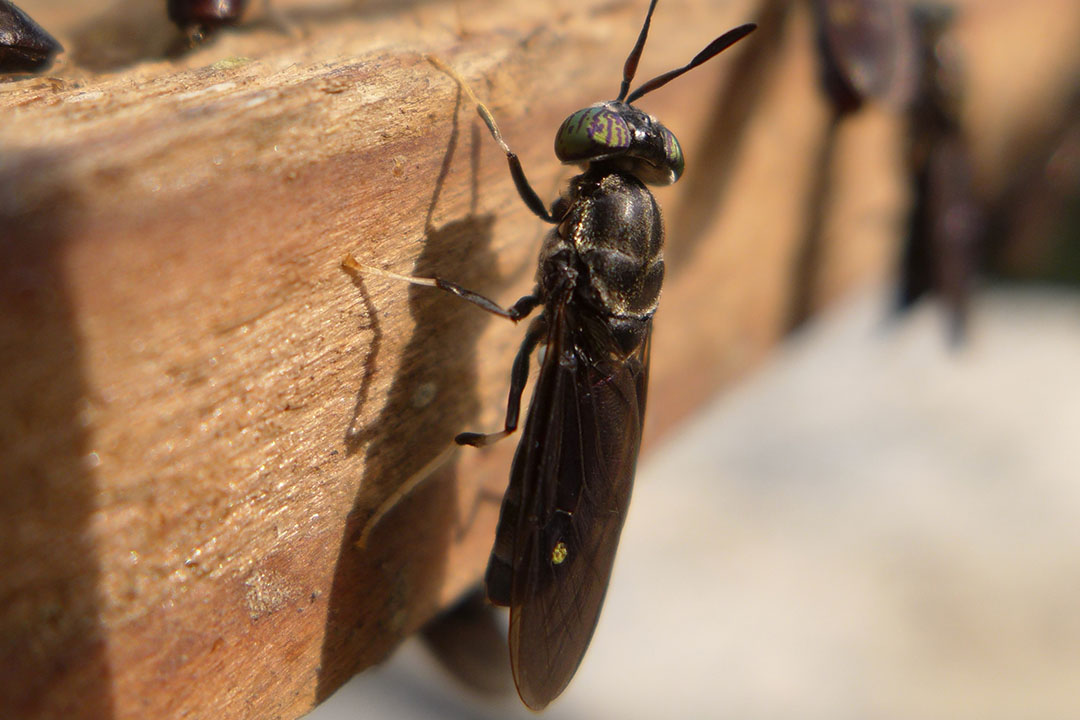
The latest research insights and circularity potential of the European insect sector were recently discussed in EU’s capital, Brussels.
The International Platform of Insects for Food and Feed (IPIFF) organised the International Workshop entitled ‘Unleashing the Circularity Potential of the European Insect Sector through Research and Innovation’. About 130 actors active in the insect production industry gathered in Brussels.
The alternative proteins sector, including insects, will play a major role in contributing to sustainable, healthier, climate-resilient food systems…” – Cindy Schoumacher, European Commission, Directorate-General for Research and Innovation.
Science-based evidence needed
Introducing the event, Cindy Schoumacher (European Commission, Directorate-General for Research and Innovation) presented an overview of the FOOD 2030 strategy, underlining the important role of the protein transition in the context of European, as well as global challenges. To this end, the keynote speaker of the Workshop highlighted that further research in the field of insect farming has the potential to offer reliable and practical solutions to the agri-food nexus. “The alternative proteins sector, including insects, will play a major role in contributing to sustainable, healthier, climate-resilient food systems, providing new business opportunities for actors in the food systems,” concluded Ms Schoumacher. “Up-to-date science-based evidence will allow us to better communicate our messages to authorities, helping us to unlock certain regulatory opportunities,” added IPIFF’s President, Antoine Hubert. “We believe that new substrates authorised in insect farming, such as former foodstuffs with meat and fish will further upcycle nutrients from underutilised streams, reducing the pressure on natural resources and providing local solutions that can complement today’s feed ingredients.”
Research priorities
On the occasion of this International Conference, the IPIFF Executive Committee Member in charge of research Lars-Henrik Lau Heckmann presented the latest IPIFF publication, ‘Building bridges between the insect production chains, research and policymakers’ – a brochure developed by the association as a Contribution Paper to the public consultation on the architecture of the Horizon European Research and Innovation programme. “The research priorities our sector had identified are meant to contribute with realistic solutions to reducing food waste, improving soil fertility, while also offering healthy food for both humans and animals. We need insects not only to boost the circularity of our food-producing systems, but also for their sustainability credentials,” concluded Dr Lau Heckmann.
New Proteins: Find out more about some of the protein alternatives for soy that are currently seen as promising for livestock and fish diets.
The workshop brought together experts from numerous fields – such as investment research, aquaculture, poultry and pig farming, food and feed industries and policymakers. ‘It is our role to make sure that future regulatory developments are backed by scientific evidence. Thus, we are confident that the future framework of the Horizon Europe Research and Innovation programme will be a catalyst for unleashing the circularity potential of the European insect sector’ concluded Henrich Katz, IPIFF’ Treasurer.




